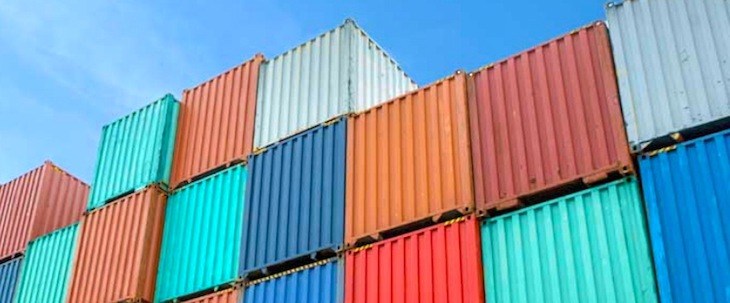Intermodal study underway in wake of rail safety issues
by May 10, 2023 3:32 pm 849 views

Researchers at the University of Arkansas are studying the rise of intermodal freight, which comprises goods transportation via railroads. The study is underway amid rail safety concerns following some high-profile derailments.
Andy Balthrop, research associate in the Supply Chain Management Research Center at the UA’s Sam M. Walton College of Business, said intermodal freight growth has helped offset the decline in coal shipments over the past decade. While not wanting to give too much information about the study before it’s completed, he highlighted some of the benefits of intermodal, including lower carbon emissions compared to other transportation modes. He also discussed precision scheduled railroading and the recent safety issues the rail industry has faced.
Balthrop said precision scheduled railroading has been an industry effort to improve the movement consistency and on-time performance of trains. He added that shipping more train cars on-time results in increased revenue.
However, he explained recent concerns about whether it’s come at the cost of safety and if the increased train performance affects whether railroad inspectors have ample time to complete inspections and ensure trains will run safely. He cited a recent Wall Street Journal article that addressed the concerns.
Balthrop said the rail industry has faced a lot of bad press recently, including from the recent Ohio train derailment, but railroads are one of the safest and most environmentally efficient transportation modes. He noted that no fatalities were attributed to the derailment, but the environmental impacts were substantial.
Asked whether shippers are looking to move their freight to other transportation modes because of safety concerns, Balthrop said he didn’t think so and explained that the decision to ship freight via rail often is determined by the goods that are being transported. Bulky industrial chemicals, for example, will likely only be transported via rail. But freight on tighter time constraints might be transported via truckload.
